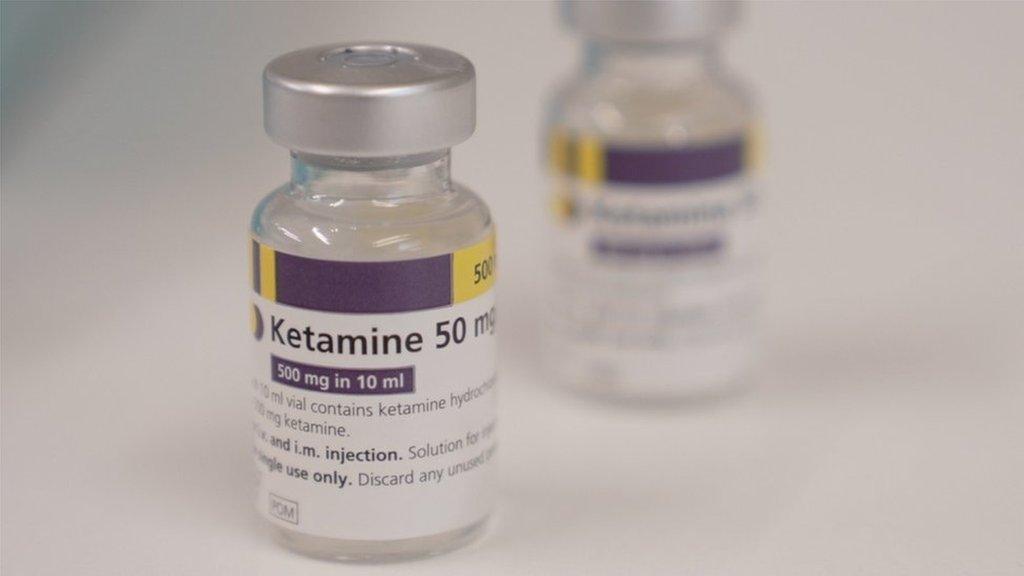'Ketamine meant I didn't know my son any more'
- Published
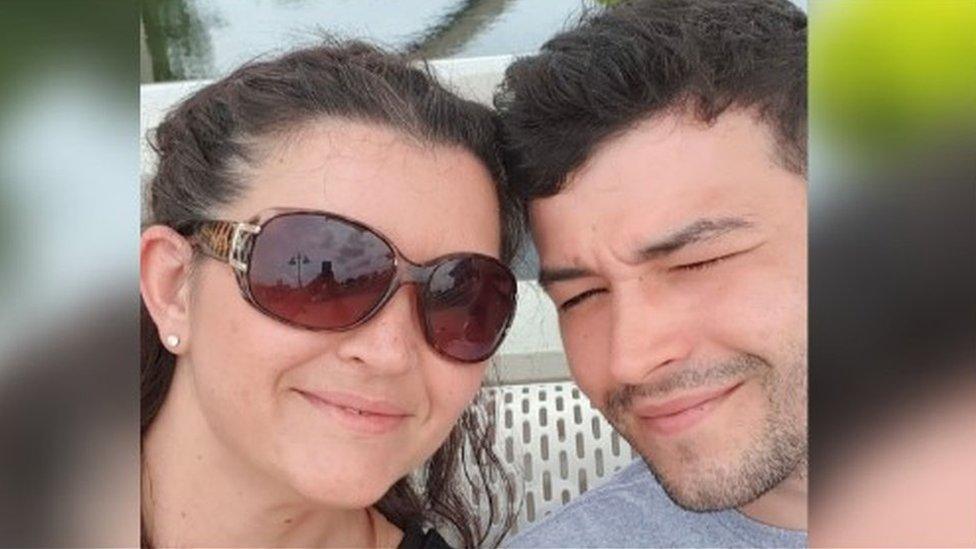
Clare Rogers said her son Rian was first introduced to ketamine at a festival
Ketamine use is estimated to have more than doubled in England and Wales since 2016. Clare Rogers' adult son Rian died a year ago after taking the drug, but she says she felt like she "lost" him much earlier because of his addiction.
He was a "really sociable, loving boy" and was first introduced to ketamine at a festival, she said.
Rian became addicted to it after his best friend Fraser died in a car crash in 2018.
"Growing up Rian was a cheeky chappy and... the class clown, but he was the glue that brought all of his friends together," Ms Rogers, who lives in Warwickshire, said.

Clare Rogers said her son Rian was a "really sociable, loving boy" before he started using ketamine regularly
During the pandemic Rian was put on furlough "earning pretty good money with nothing more to do", while still struggling with grief for his best friend's death and began using ketamine daily.
"He used to 'see Fraser' when he was under the influence of ketamine. I think it was his way of getting close to his best friend again.
"He went from being such a happy, confident, clever boy… to this shell. I didn't know who he was anymore.
"It wasn't him. It was the drugs talking. I couldn't get through to him and we tried everything to stop him from doing what he was doing."
If you have been affected by any of the issues raised in this article, you can find advice here .
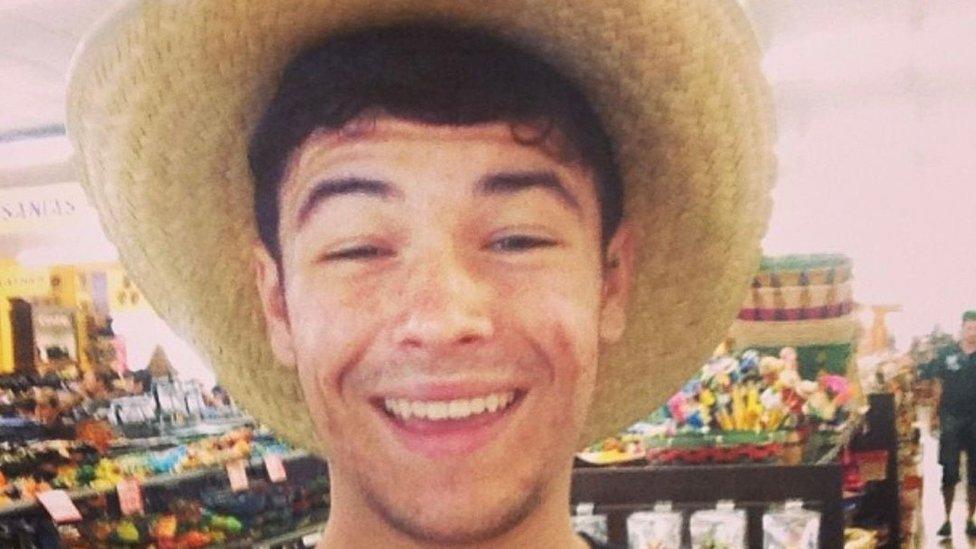
Rian Rogers was found dead in his shower, aged 26, after taking ketamine
Rian died in April 2023, aged 26.
He was found in his shower with the water running and five bags of ketamine in his bedroom, two of the bags were empty.
His body may have lain undiscovered for up to three days, officials said.
"He had pulmonary oedema (too much fluid on the lungs) and cerebral oedema (swelling of the brain). So basically his breathing slowed down so much that he just died," his mother said.
"When they told me I just fell to the floor."
Rian had died some time prior to being found, so he was "unviewable," she added.
"All I wanted to do was go and see him, and I couldn't."
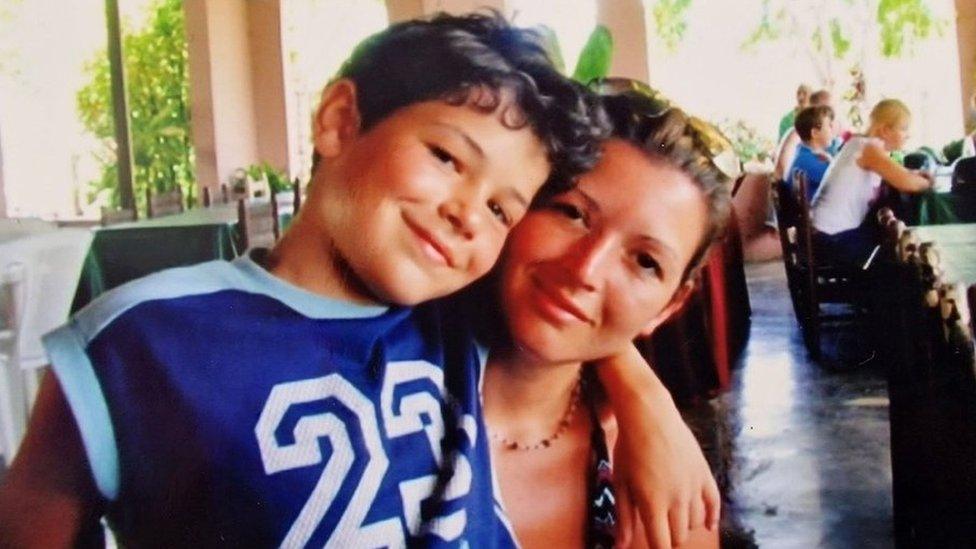
Ms Rogers said: "We tried everything to stop him from doing what he was doing"
Since Rian's death Ms Rogers has started a petition to get ketamine reclassified and has set up a Facebook page with information and support.
She said she wanted to help others after struggling to find all the information in one place when Rian was addicted to ketamine.
"So if there was somebody like me, you know... who's got a child who's addicted to the substance, they could just click on one Facebook group and it's all there," she added.
She said going forwards she wants the drug to be reclassified "so people know how dangerous it is and to get a tougher sentence for these dealers.
"But also to support these people who are addicted to this drug".
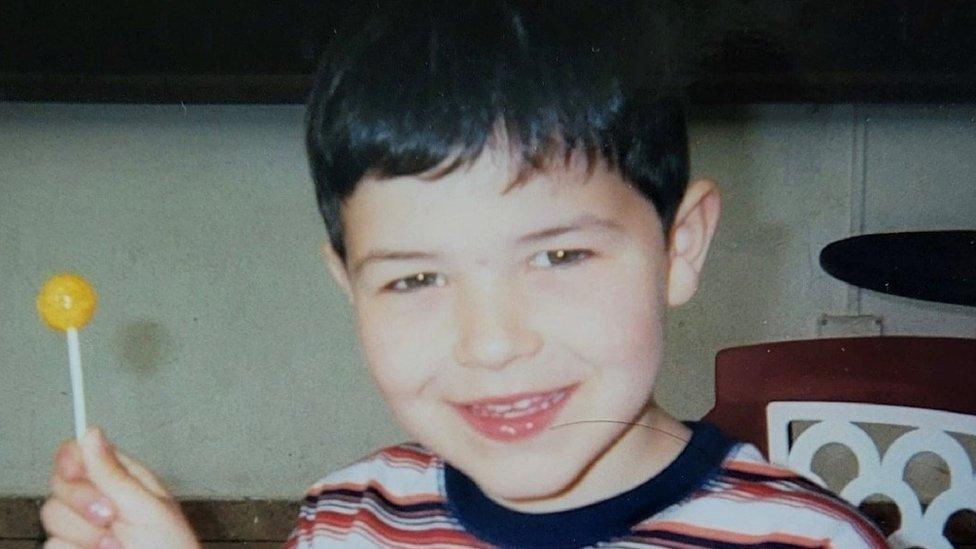
Ms Rogers has started a petition to get ketamine reclassified
Ketamine is a class B drug, which is illegal to use recreationally but can be used legally for medicinal purposes. It has been prescribed for the treatment of depression and to help heavy drinkers stay off alcohol for longer.
Leading urologists are warning of an alarming increase in young people with bladder issues, as a result of chronic ketamine use.
Drug tolerance is known to build quickly, so users increasingly need more and more to feel an effect.
The Office for National Statistics shows 3.8% of people aged 16-24 reported using ketamine in 2023, compared to 1% of that age group for most other drugs, except cannabis (15%) and cocaine (5%).
'Time by himself'
A mother from Bristol, who asked not to be named, told the BBC her two children, both now in their 20s, were struggling with addiction to ketamine.
She said, like Rian, her son became hooked after one of his friends died, at which point he started breaking away from seeing other people.
He began spending more and more of his time by himself and doing ketamine to the point he no longer sees any of his mates, she said.
"He'll leave the house in the morning before I'm around and he comes back from work and he's already done it.
"So he's already under the effects and it's really difficult to talk to him because they just don't listen to you."
She said it had reached the point where, if she challenged him, he did not come home.
"As a mum you always think you can put a plaster on things… but you can't make this better and that's really hard.
"It has to come from them.
"Seeing them change as people to someone you don't recognise has probably been the hardest thing," she added.
You can watch "Young and addicted: Generation Ketamine" on BBC IPlayer now.
For advice about any of the issues raised in this article you can find help here.

Follow BBC Bristol on Facebook, external, X, external and Instagram, external. Send your story ideas to us on email, external or via WhatsApp on 0800 313 4630, external.
Related topics
- Published28 March 2024
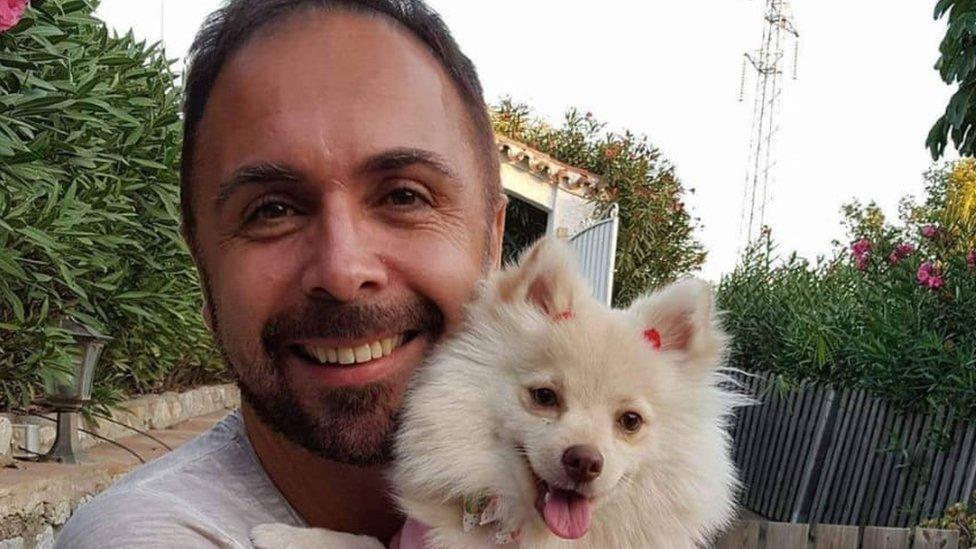
- Published30 March 2024
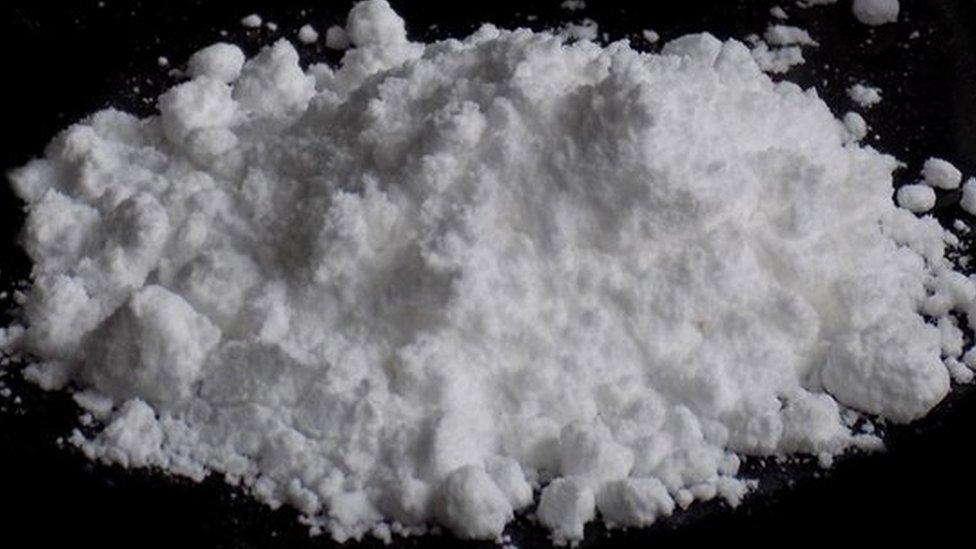
- Published26 January 2024
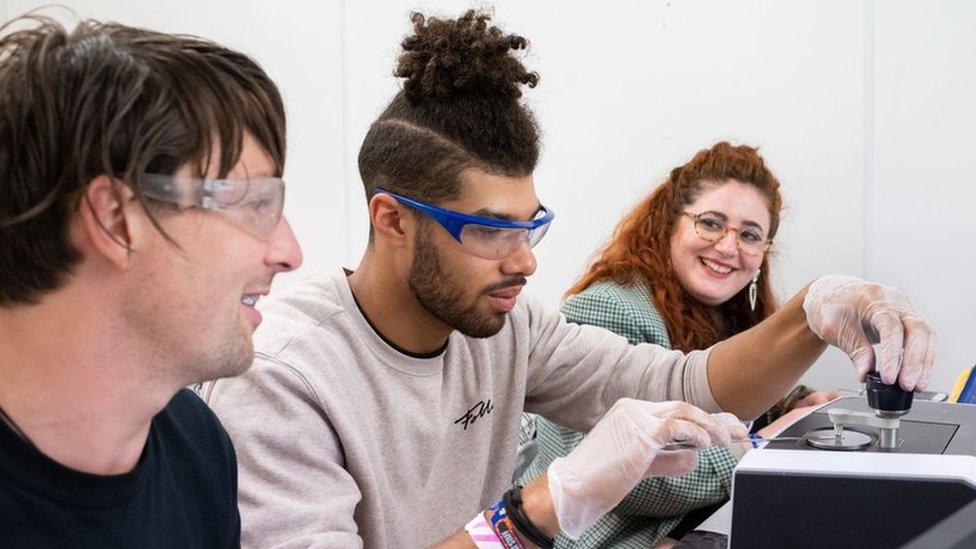
- Published15 December 2023

- Published24 July 2023
